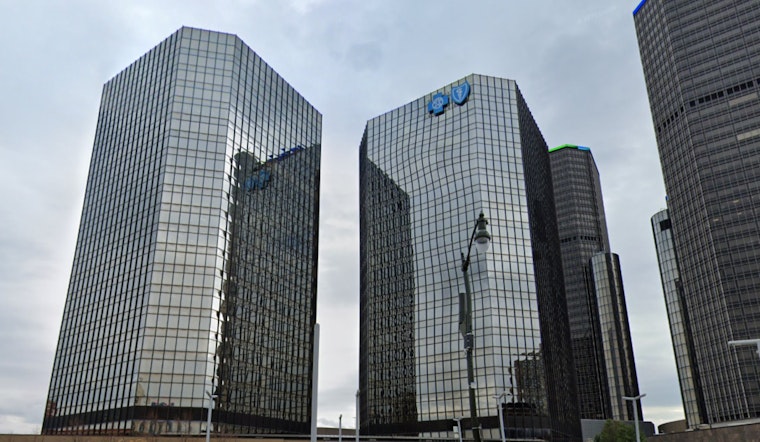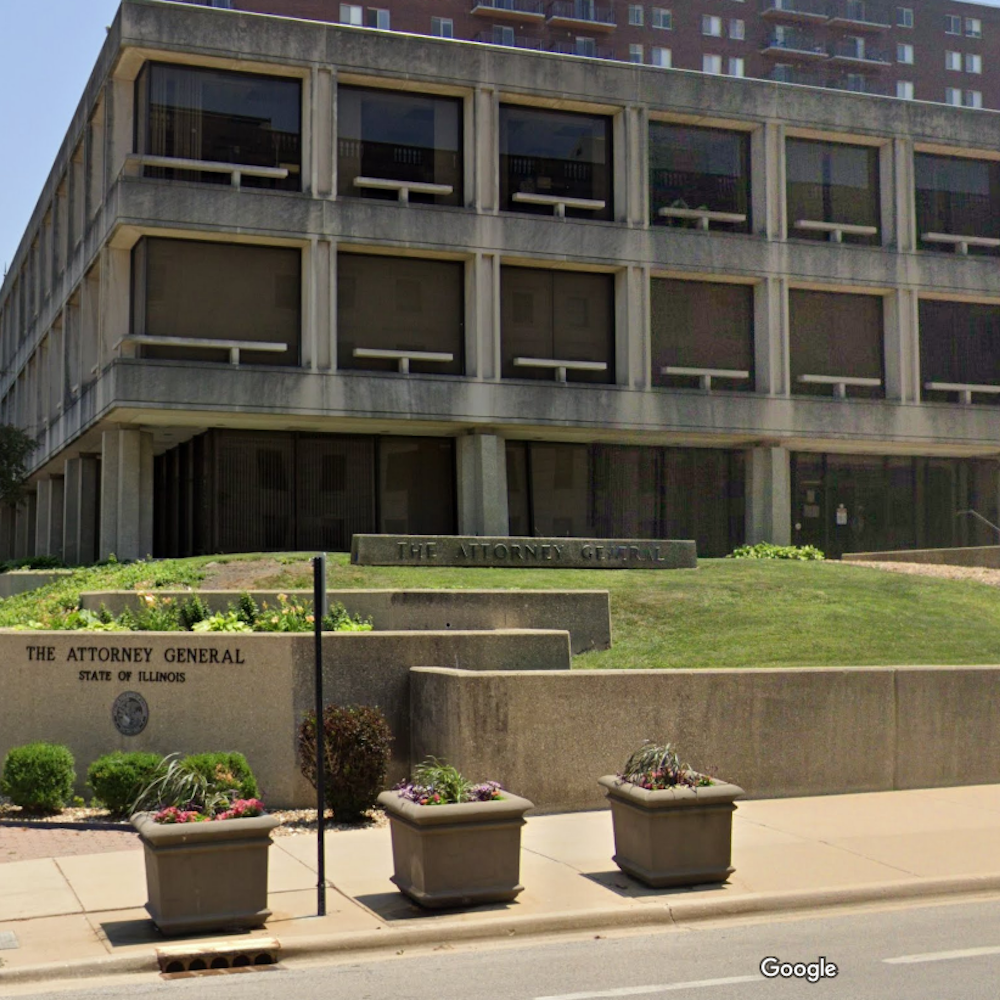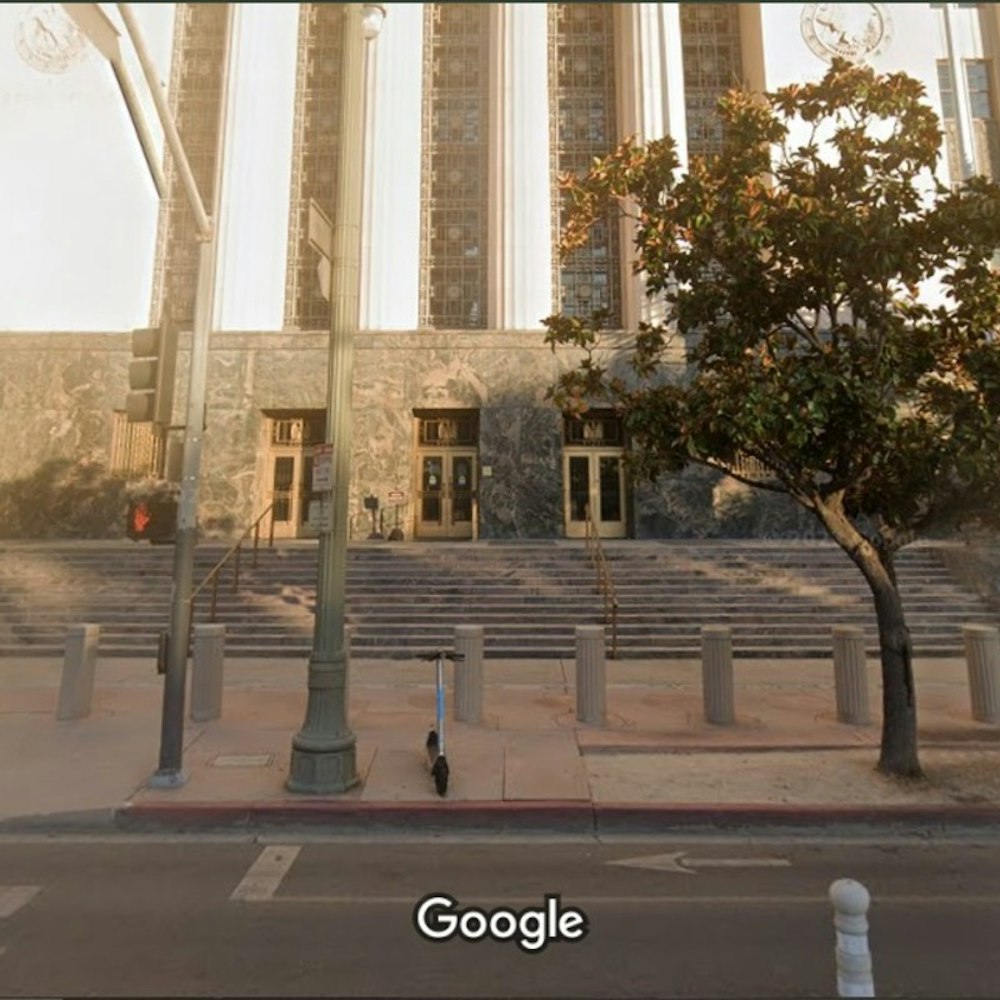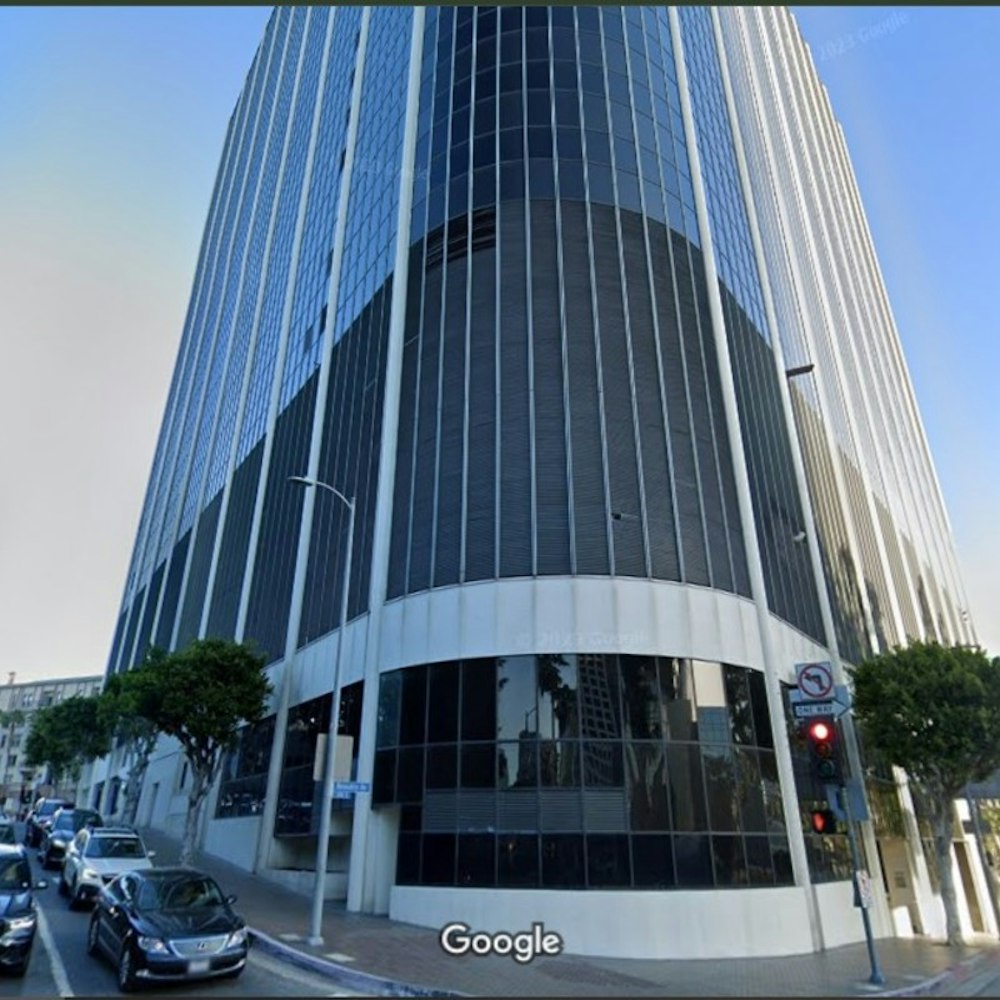
In a bold assertion of confidence in Detroit's commercial future, Farmington Hills’s Friedman Real Estate has laid down $15 million for two towers at the Renaissance Center. Facing a downtown office market that's fraught with high vacancy rates and dipping lease prices, this move has been lauded by the firm as a staunch belief in Detroit's resilience. CBS Detroit reports that the deal includes a long-term lease of the 500 River East Tower with Blue Cross Blue Shield of Michigan, a tenant here since 2011.
It’s not been easy to always keep the Motor City's commercial real estate engines running smoothly. To secure Blue Cross's tenancy, Friedman Real Estate had to additionally invest $15 million. Yet, this expenditure is seen as a strategic foothold, making the 600 River East Tower available for corporate leasing - a decision underscored by the panoramic riverfront views and amenities on offer, as stated in The Detroit News. Crossing this bridge, the real estate firm is poised to fill in those gaping vacancies across downtown.
Despite a less than rosy outlook—downtown office demand still not recovered to pre-pandemic levels—the realty player is putting up a fight. As per a Detroit Free Press interview, Jared Friedman, executive managing director of Friedman Real Estate, expressed his bullishness, tagging the RenCen towers as "Class A-" office space and calling attention to their "unique characteristics" and unmatched riverfront views, though exact lease prices for the 600 tower are yet to be determined.
It's not a walk in the park to fill this office space in a city where the streets are bustling more on nights and weekends than during typical business hours. With a downtown vacancy rate of 19% in the third quarter, up from about 14% a year earlier, according to Detroit Free Press, and landlords fighting to attract businesses with favorable deals, the challenge is clear-cut. General Motors, the behemoth of the RenCen complex, contributes to this shakeup, with its in-office workforce in Detroit reportedly dwindled since the onset of the pandemic.
However, Friedman Real Estate is not alone in this commercial real estate rumpus. The Office market's shifting sands suggest that tenants now have the upper hand, able to negotiate better deals amid a glut of available space. This renter's advantage is playing out across a city grappling to adjust to the new normal of work, and only time will tell how these towers—legacy structures in the Detroit skyline—will fare in the evolving narrative of the city's economic rebirth.









-1.webp?w=1000&h=1000&fit=crop&crop:edges)